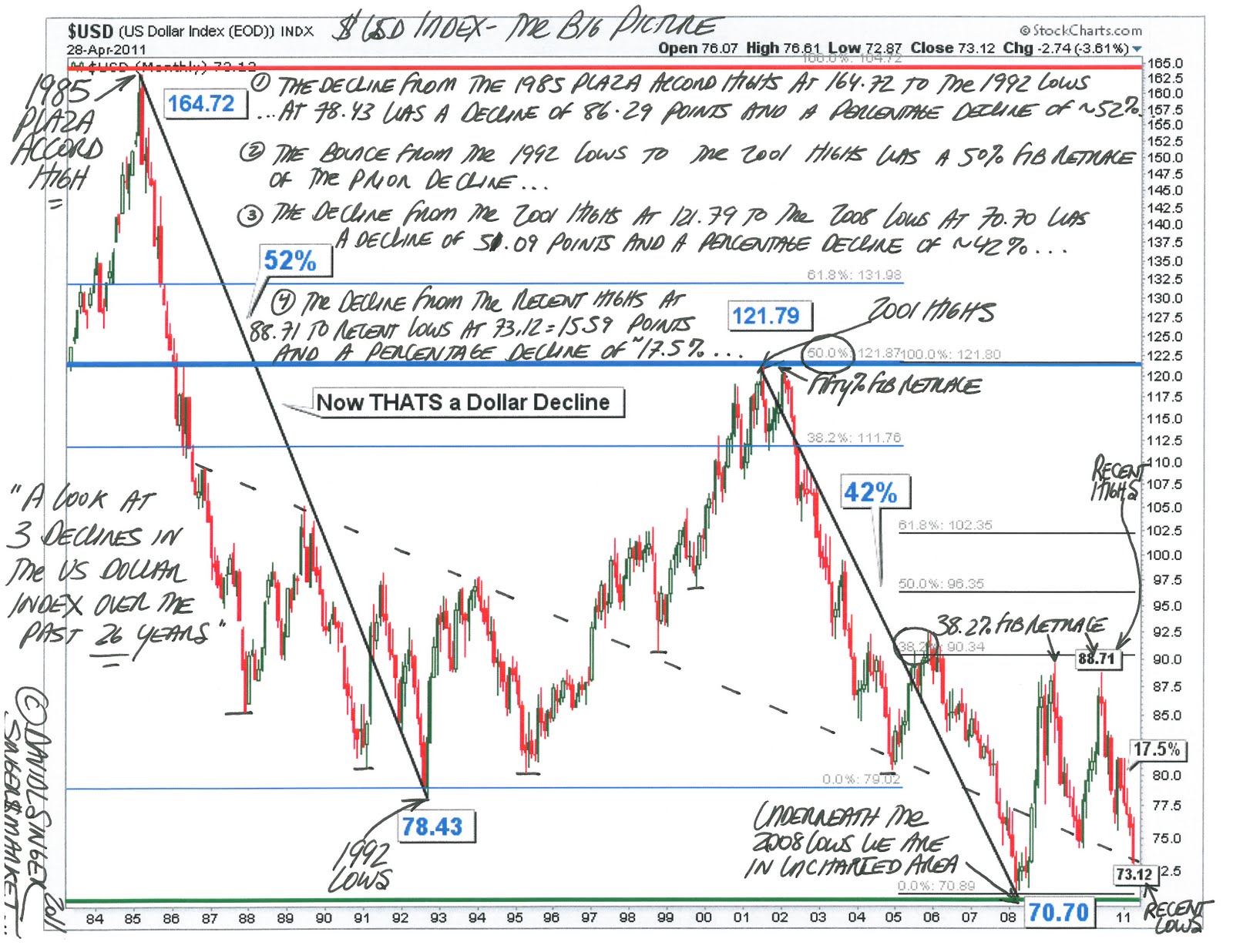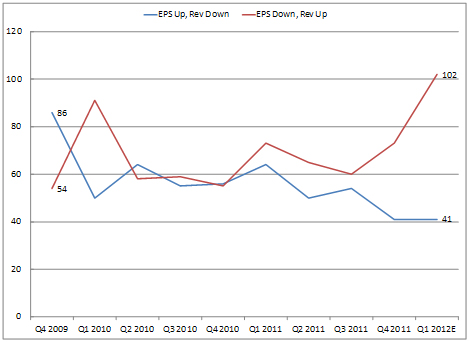One of the more interesting and controversial debates in behavioral finance is whether our financial acumen diminishes with age.
In other words, as investors head into their 60s and 70s should they be wary of cognitive lapses and flawed judgments when it comes to managing their finances.

Senior Moments?
Are more mature investors more likely to fall prey to scams? Are investors of an advanced age better off relying on a financial adviser for key post-retirement financial decisions?
One just-published study by the Center for Retirement Research at Boston University found that financial literacy scores declined by 1% a year on average after the age of the 60.
On top of that, investors in the study who had low financial literacy scores reported being, nonetheless, very self-confident in their ability to manage money.
More than 50% of investors with declining scores were also reluctant to seek outside help and preferred to management money by themselves.
Age Fallacy
All of this seems to contradict a 2012 study by the MetLife Mature Market Institute.
That study measured such traits as conscientiousness and vigilance in making financial decisions among individuals ranging in age from 50 to 79.
The research found no major differences among age group or gender when it comes to the quality of decision-making.
If anything, investors tend to grow more conscientious about their finances as they age, according to researchers at the MetLife institute.
Keeping it Real
Confused? Well, there is probably a common sense middle ground here that worth’s exploring.
Managing money is a skill that develops over a lifetime. Investors who are smart about their money in their 30s or 40s are probably going to be pretty well-informed in their 70s, assuming their brains are healthy and overall health is good.
In other words, age matters far less than how much time investors have spent researching and mastering the best practices of personal finance and portfolio management.
The data show most American’s overall aren’t very good at managing their finances. However, this has little to do with age.
Takeaway
If you don’t have the time or motivation to spend the time needed to boost your financial IQ, the sensible thing to do is seek outside help regardless of your age or income bracket.
Secondly, even sophisticated investors can benefit from a second opinion on strategy and risk tolerance.
If you don’t have a financial adviser, there are plenty of online sources with smart advice for free about how to avoid common investing pratfalls and tips from successful traders and portfolio managers.
Regardless of your level of financial sophistication, a little humility can go a long way.
We all can fall prey to conceptual lapses.
Human evolution has wired our brains with certain instincts that, if left unchecked, can lead to big investing mistakes, according to psychologists and behavioral finance specialists.
Being a smart investor has less to do with age and more to do with self-education–and the self-awareness to know when to seek outside help.
Continued Learning: How to avoid 5 common investing mistakes
Photo Credit: Cristina Carvahlo via Flickr Creative Commons
DISCLAIMER: The reader should not assume that any investments identified were or will be profitable or that any investment recommendations or investment decisions we make in the future will be profitable. Past performance is no guarantee of future results.



